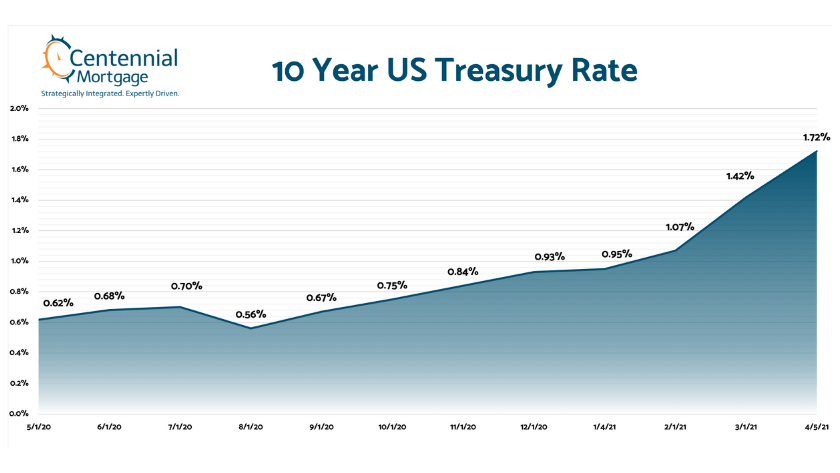
What day of the week are treasury bill auctions?
Treasury Bills 4-week and 8-week bills are offered each week. Except for holidays or special circumstances, the offering is announced on Tuesday, the bills are auctioned on Thursday and they are issued on the following Tuesday. 13-week and 26-week bills are offered each week.
How often do Treasury auctions occur?
52-week bills are offered every four weeks. Except for holidays or special circumstances, the offering is announced on Thursday, the bills are auctioned the following Tuesday, and they are issued on the Thursday following the auction.
Are 1 year T-bills auctioned monthly?
Today, the U.S. Government holds market auctions every Monday or as scheduled. Four-week, 28-day T-bills are auctioned every month; 13-week, 91-day T-bills are auctioned every three months; 26-week, 182-day T-Bills are auctioned every six months.
What time do Treasury auctions take place?
Auction Takedowns At 9:15 a.m. on the issue date, the Fed delivers the secu- rity to FICC against payment of $100.
What is the 3 minute rule in auctions?
This 3 minute rule stipulates any party who bids online within the last 3 minutes of any Lot's scheduled closing time will trigger an automatic extension of a further 3 minutes of online bidding.
What is the 15 minute rule in auctions?
In this mode, the listing is automatically extended until no bids have been placed within 15 minutes. When 15 minutes have passed with no bidding activity, the listing ends. The purpose for the 15 Minute Rule is to prevent sniping and offer all users the opportunity to bid.
Is it worth it to buy T-bills?
T-bills are one of the safest investments, but their returns are low compared to most other investments. When deciding if T-bills are a good fit for a retirement portfolio, opportunity cost and risk need to be considered. In general, T-bills may be appropriate for investors who are nearing or in retirement.
How much are T-bills paying now?
3 Month Treasury Bill Rate is at 3.53%, compared to 3.31% the previous market day and 0.05% last year. This is lower than the long term average of 4.17%.
How long do you have to hold T-bills?
Treasury bills, or T-bills, are sold in terms ranging from a few days to 52 weeks. Bills are typically sold at a discount from the par amount (par amount is also called face value); rarely, they have sold at a price equal to the par amount. When a bill matures, you are paid its par amount.
What time of day is best to auction?
Mornings are by far the most effective time to hold an auction no matter what day of the week it is, with statistics showing that 75 per cent of those held at 9am resulting in a sale. It seems people prefer to start and get business done early rather than wait until midday or the late afternoon.
What is the best day to have an auction?
In terms of auction interest, Tuesdays at 5pm attracted 5.9 average active buyers, followed by Thursdays at 1pm and Fridays at 7pm with 4.6, Fridays at 1pm with 4.5, and Sundays at 4pm with 4.4.
How long does Treasury auction last?
Treasury auctions are held on a regular basis, generally as follows: 13-week and 26-week bills weekly (Mondays)
How many Treasury auctions are there per year?
Each year approximately 300 public auctions are conducted throughout the U.S. and Puerto Rico to sell property forfeited as a result of violations of federal law enforced by the Department of the Treasury or nonpayment of Internal Revenue Service taxes.
How are Treasury auctions conducted?
We hold the auction At the auction, Treasury first accepts all the non-competitive bids that comply with the auction rules. Then, we accept competitive bids based on their rate, yield, or discount margin (from lowest to highest) until the entire amount of the offering has been awarded.
How long does Treasury auction last?
Treasury auctions are held on a regular basis, generally as follows: 13-week and 26-week bills weekly (Mondays)
What are auctioned every Wednesday?
14-day treasury bills: These T-bills mature 14 days from the date of issue. They are auctioned every week on Wednesday and are issued in multiples of Rs. 1 lakh.